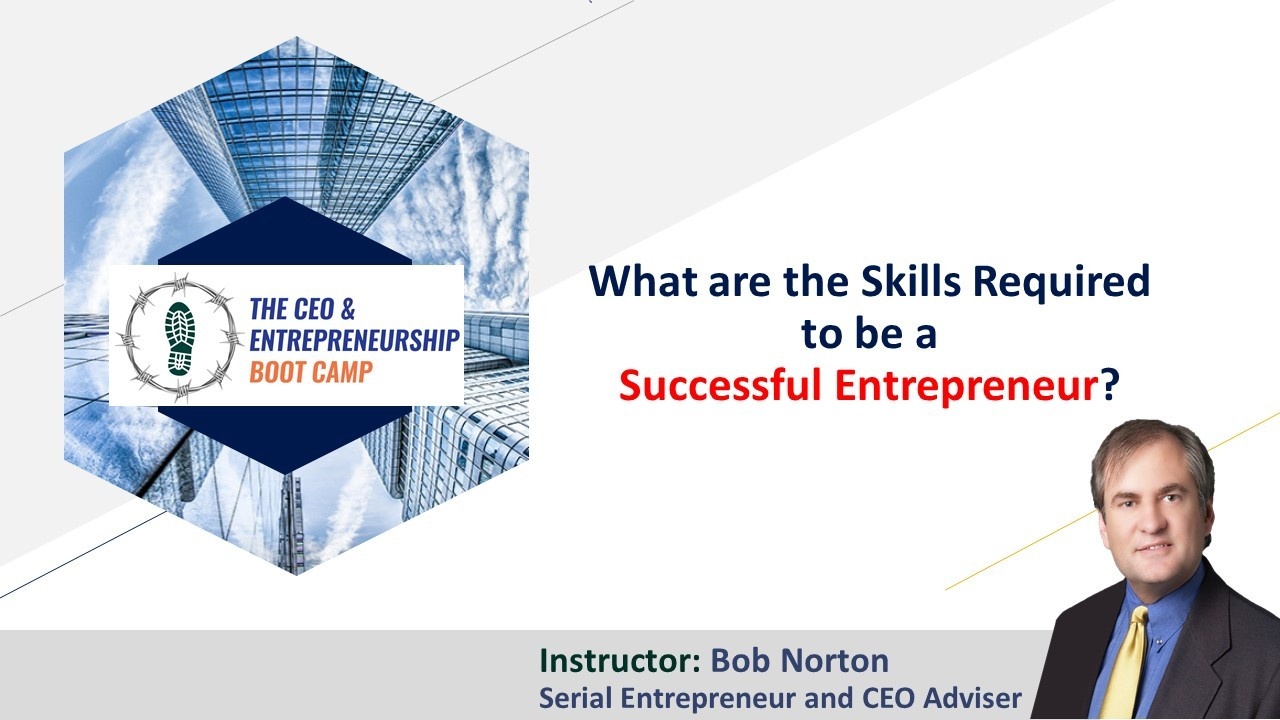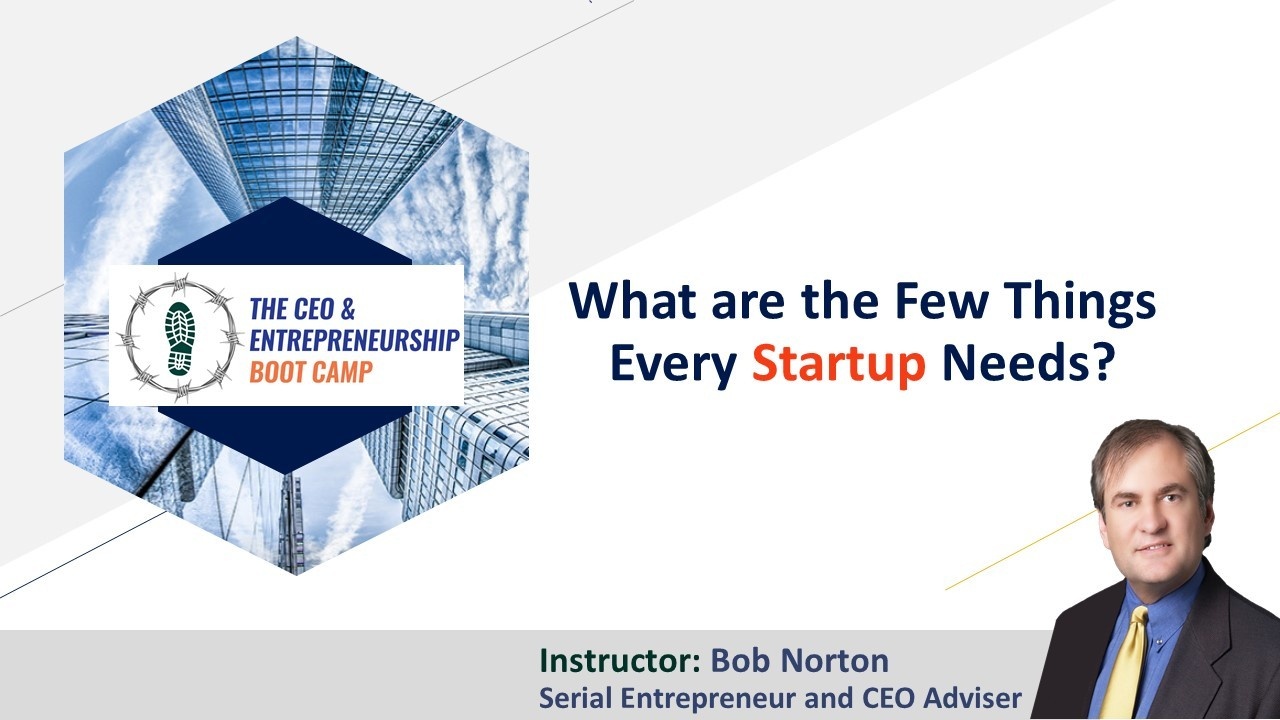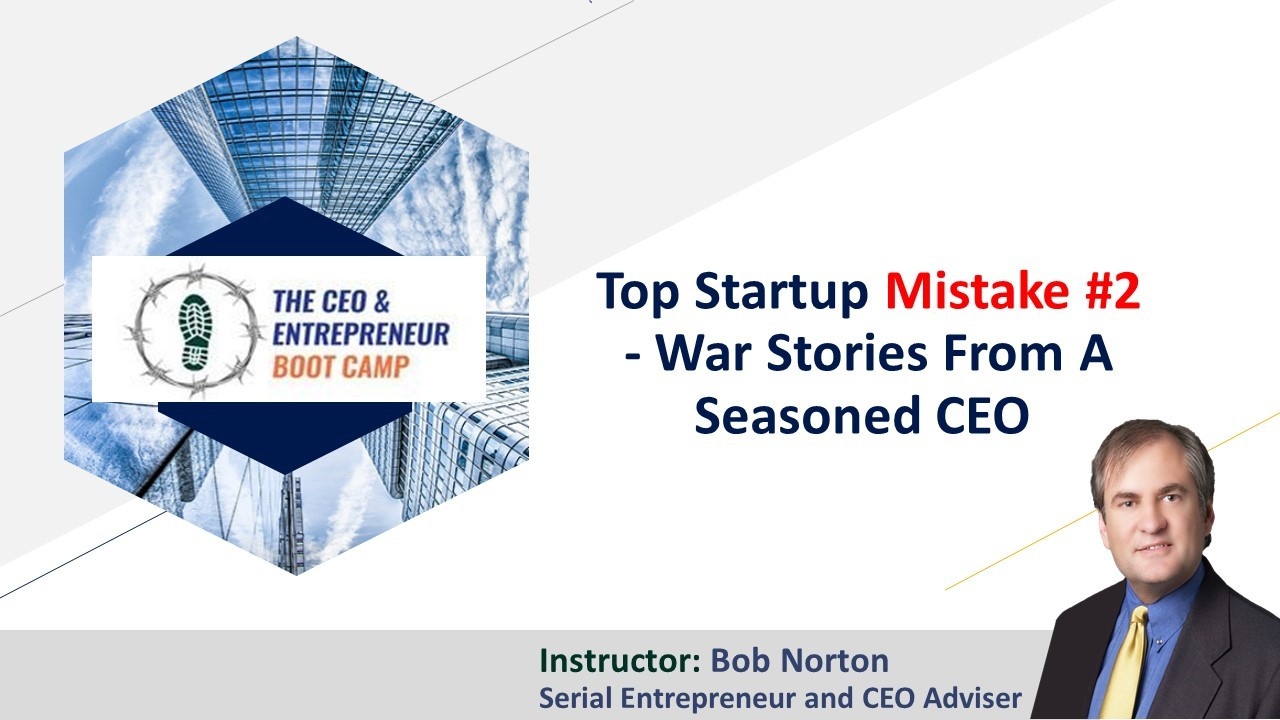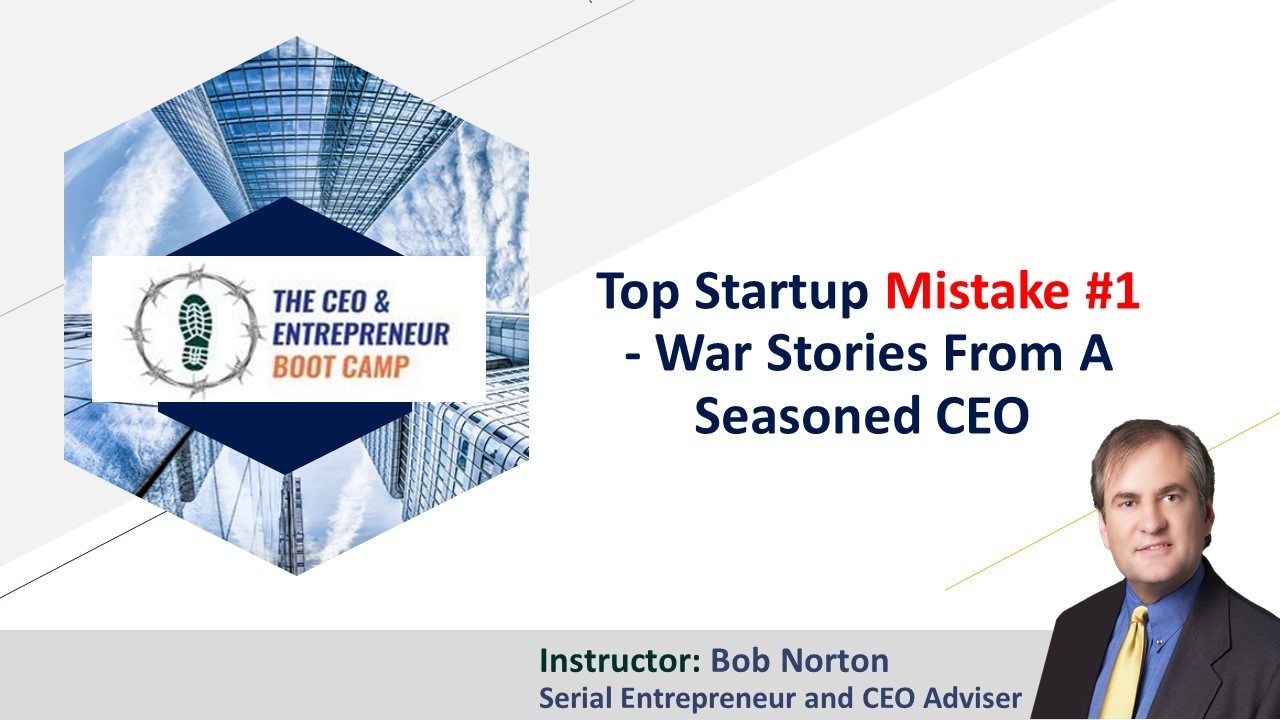What Skills and Qualities are Essential for Leadership?

The most important traits of quality leaders are integrity, good management and people skills, the ability to see the future (need or market) and communicate that vision to their team and others. Obviously, some domain/industry expertise in the areas you are executing. Some may call this “Selling the vision” and that can be to employees, investors, vendors or anyone. A leader aligns all parties needed to proceed forward, including all stakeholders.
I define leadership as when you do not have to look back because you know people are following you because they want to and believe in accomplishing the mission. Not because they have to, or because of a corporate hierarchy. Shackelton's Adventures is a great story on leadership, I recommend everyone read or view the documentary. He saved all those lives on a disastrous voyage through strong leadership.
Leadership is very different from management. Managers coerce people with...
What are the reasons why start-ups fail within first five years?

I wrote a free eBook answering this exact question in 2020: The Top Reasons Start Up Fail and How to Avoid Them. You can get that here.
Starting a new company is a big risk that requires many skills. Being a Founder of a startup is likely one of the most complex jobs there is today. People greatly underestimate what it takes to be successful. It takes at least 10 and more likely 15+ years to accumulate the experience needed for a high chance of success.
Here is a list of the skills we teach at The CEO & Entrepreneur Boot Camp:
1. Recruiting - Easy to do, hard to do well as quality of the team will be the #1 reason for success or failure. How do you know the right people?
2. Management - An art that only comes from experience. This will set the tone of your culture and its productivity and sustainability.
3. Marketing & Branding - Another art few understand well. Get professionals involved early, as brand and...
When Should You Stop Making Developing the MVP and Start Building the Actual Product?

I created a short video series answering this exact question that you can view for free here called The Entrepreneur’s Journey. An MVP's goals list should provide all the data to answer that question (example below for AirBnB). Your first job is creating that list. Long before you start building a product.
The purpose of an MVP is to get real-world customer feedback. However, you will need to run the financials to balance what the budget can be to build it. And to market test it too. Technical founders often greatly underestimate the cost and time needed for marketing. It can even be more than the product build.
Your MVP goal is simple: Prove the customer will buy and like the product at a particular price point.
And that you can acquire those customers cost effectively given the margins.
The next version could be a big step, or even many incremental releases depending on the feedback, technology and financial...
Can a CEO and CTO Have the Same Level of Authority in a Tech Company?

Absolutely not. The President is a legally defined position with all kinds of legal rights and responsibilities. Every other officer serves “her pleasure” maybe with some contract for termination rights.
Many President rights and responsibilities can vary by state and/or the company’s charter, but always way above any other Officer. It is where the “buck stops”. Anyone who is a Vice President or Officer can sign a legal contract or document for a company, binding the company legally. And should have mostly discretion in their area of the business, but that has limits, and a President can always override any decision of any other executive. Officer or not. That’s about it.
A CEO should, but does not always, have a vast array of skills beyond any VP or CTO. Most staff members member's knowledge is very focused on one area. That means they are unqualified to make decisions in most other areas. Just give some input. The CEO is more of a generalist and...
What are the Skills Required to be a Successful Entrepreneur?

Below is a list of the skills we teach at The CEO & Entrepreneur Boot Camp. Lacking any one of them can kill a company or doom it to the “living dead” barely surviving. No one builds a successful business alone, though. It requires a team.
Only about 1 in 17,000 companies reaches $100M. Only 0.4% will break even $10 million. This is because the larger the company gets, till a certain point, the more skills you need. Companies over 100 people then become easier and easier to run because the systems, people and teams are in place. Startup CEO is the hardest job in the world. And also, the most valuable skills. Every billionaire self-made learned these skills.
Yet most young, naive Entrepreneurs dream of building that $1 billion company. Not going to happen except in very rare circumstances that combine lots of skill, experience and a great team with some luck too.
Any good CEO needs to be good at these things, which take years' experience to develop. They are all...
What are the Few Things Every Startup Needs?

Yikes. You are getting some bad answers here. In fact, some don’t even seem to know what a startup is really. Below is a link to a free video series I authored called The Entrepreneur's Journey, and it maps out almost everything a startup needs, mostly the stuff they don’t know they need.
However, let’s start with that definition of the word startup. A startup is not copying someone else's business model, freelancing or opening a dry cleaner. It is doing something new and different. Combining resources uniquely to create value for customers. In fact, if you are not doing something new and different (differentiated) you will never, ever attract either capital or quality senior people. This is called “Innovation”. And without it you have no startup. If you did not know that you are not ready to found a startup company yet and should stick to some simple service business while you learn the list of skills below.
A startup has a UNIQUE business model,...
The 11 Elements of a Successful Vision

There is a lot of talk about creating and maintaining a vision, especially as part of a CEO's job. In my opinion, ‘vision’ is a term that is both greatly overused as well as largely misunderstood. Many people consider vision to be an all-encompassing view of the product or service, while others expand its meaning to include the entire market and still, others believe the term encompasses far more.
What is "Vision"? Why Do You NEED One? How Do You Use it? How Do You Know It Is Complete?
Having been personally responsible for a corporation’s vision for many years, I believe it covers more than what most people think. So, what follows is my definition of vision, and I do not understate the case when I say that, with few exceptions, the lack of a strong vision puts you at a distinct competitive disadvantage.
“Genius is one percent inspiration and ninety-nine percent perspiration.” So is developing a vision.
To begin with,...
What Kind of Team Do You Need to Raise Outside Funding?

Most investors agree that the number one factor they look at in any investment opportunity is the management team. Some even claim it is number one, number two, and number three because a good team will likely fix any problem. However, quantifying this and getting people to understand and rate their team objectively is needed to improve, and even understand, where your team is today.
Over ninety percent of teams are insufficient to achieve outside financing, though that is par for the course in a startup, and recognizing this with a plan for hiring can help jump that obstacle. This article has a small sample of the principles taught in The CEO and Entrepreneur Boot Camp in the area of management team development. It is the foundation of any company and the only way to overcome the thousands of other obstacles that will come up in the first couple of years of any venture.
Almost everyone thinks they have a “strong” team. They...
Top Startup Mistake #2 - War Stories From A Seasoned CEO

Understanding Capital Expenditures and Their Real Cost
During my first week at a company I had just joined as President, I was asked to approve the purchase of a $250,000 piece of hardware. The operations people, all from larger companies, were desensitized to the cost of capital and its accessibility. They wanted to buy this $250,000 piece of hardware to be ready for the flood of customers "coming soon." The CFO had been convinced by the technical staff that the world would fall apart without this equipment, and we could never serve any customers "correctly." The logic was that they needed months to install it, and we were coming out of beta test soon. So, time was running out! The reality was they wanted the latest and greatest systems and near 0% risk for these non-existent customers and themselves personally, with little weight given to the huge cost.
In fact, the beta test was very limited and probably needed much more time, and the capacity already...
Top Startup Mistake #1 - War Stories From A Seasoned CEO

Once I was acting as President at a small startup that was spending money at a rate of over $350K per month when I arrived and did not yet have any sales, marketing, or operations staff. Virtually everything was going towards product development, with no expertise in the house on anything else to divert resources there. The founders were both very bright technical people and built a huge development group, just like the one they had back at their former big company. This proved to be the company's downfall when combined with market factors because all the money was spent assuming more would be easy to get later. However, this was not their fault really. The...

